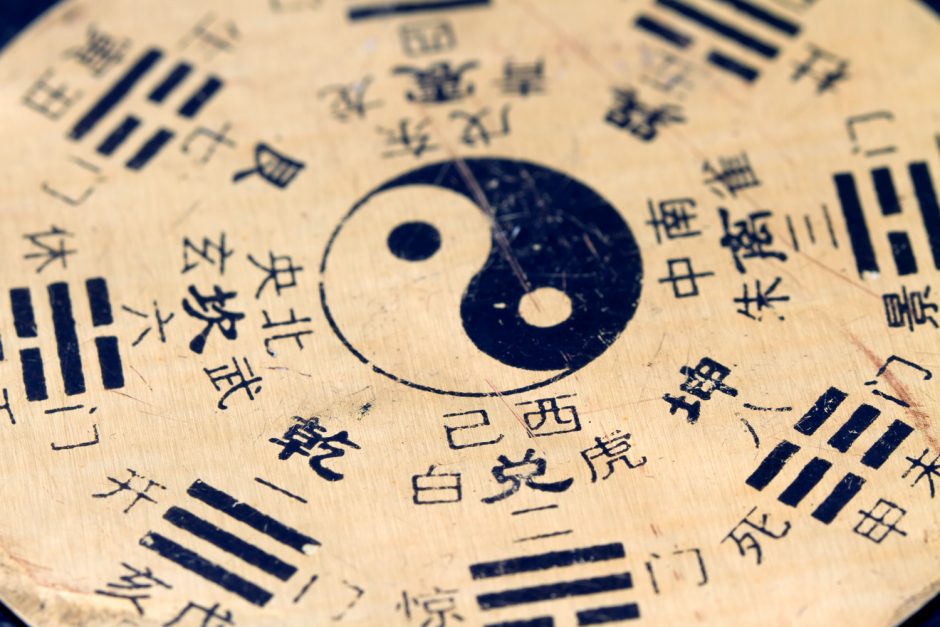The philosophy of Yin and Yang is at the core of Traditional Chinese Medicine (TCM), providing a framework for understanding the dynamic balance and interplay of opposing forces within the body and the universe. Yin and Yang represent complementary yet interconnected principles that exist in all aspects of life. In Chinese medicine, achieving balance between Yin and Yang is essential for promoting health, harmony, and overall wellness. In this article, we explore the principles of Yin and Yang and their significance in Chinese medicine for achieving balance and wellness.
The Concept of Yin and Yang:
Yin and Yang are two opposing yet interdependent forces that exist in constant interaction and transformation. They are complementary and cannot exist without each other. Yin represents qualities such as darkness, coolness, passivity, and rest, while Yang represents qualities such as light, warmth, activity, and stimulation. These opposing forces are not static but exist on a continuum, with varying degrees of Yin and Yang present in different aspects of life.
Key Principles of Yin and Yang:
- Interdependence: Yin and Yang are mutually dependent on each other. They coexist in a dynamic relationship where one cannot exist without the other. Just as night gives way to day and vice versa, Yin and Yang constantly transform and balance each other.
- Balance and Harmony: Health and wellness in Chinese medicine are achieved when Yin and Yang are in a harmonious balance. Imbalances or excesses of Yin or Yang can lead to disharmony and health issues. The goal is to maintain a dynamic equilibrium between these forces.
- Constant Movement and Change: Yin and Yang are in a state of perpetual motion and transformation. They flow and shift in response to internal and external influences, striving to maintain harmony and adapt to changing circumstances.
Application of Yin and Yang in Chinese Medicine:
- Diagnosis and Treatment: TCM practitioners use the principles of Yin and Yang in diagnosis to assess the balance of these forces within an individual’s body. Imbalances may manifest as symptoms or disease. Treatment strategies aim to restore balance by addressing underlying Yin-Yang imbalances.
- Health and Lifestyle: The principles of Yin and Yang guide lifestyle choices for promoting wellness. Balancing rest and activity, nourishing the body with appropriate foods, and adapting to seasonal changes are all ways to maintain Yin-Yang equilibrium.
- Herbal Medicine: Chinese herbal medicine employs a vast array of herbs with varying Yin and Yang properties. Herbal formulas are designed to restore balance by nourishing deficient Yin or Yang, or clearing excesses.
- Acupuncture and Acupressure: Acupuncture and acupressure techniques stimulate specific points along the body’s meridians to restore Yin-Yang balance and promote the smooth flow of Qi (vital energy).
Achieving Balance for Wellness:
- Self-Awareness: Understanding the principles of Yin and Yang can help individuals become more aware of their own internal imbalances. By recognizing signs of excess or deficiency, individuals can take proactive steps to restore balance through appropriate lifestyle choices, self-care practices, and seeking professional help when needed.
- Mind-Body Practices: Mindfulness, meditation, Tai Chi, and Qigong are practices that help cultivate awareness of Yin and Yang within the body. These practices promote relaxation, balance, and a deeper connection to one’s internal state.
- Holistic Approach: Balancing Yin and Yang extends beyond the physical body to include emotional and mental well-being. Nurturing positive relationships, managing stress, and cultivating a harmonious environment contribute to overall balance and wellness.

The philosophy of Yin and Yang is a fundamental concept in Chinese medicine, representing the balance and interdependence of opposing forces. Achieving balance between Yin and Yang is considered essential for promoting health, harmony, and overall wellness. By understanding and applying the principles of Yin and Yang, individuals can make conscious choices to restore and maintain balance in their lives, nurturing their physical, emotional, and mental well-being.









